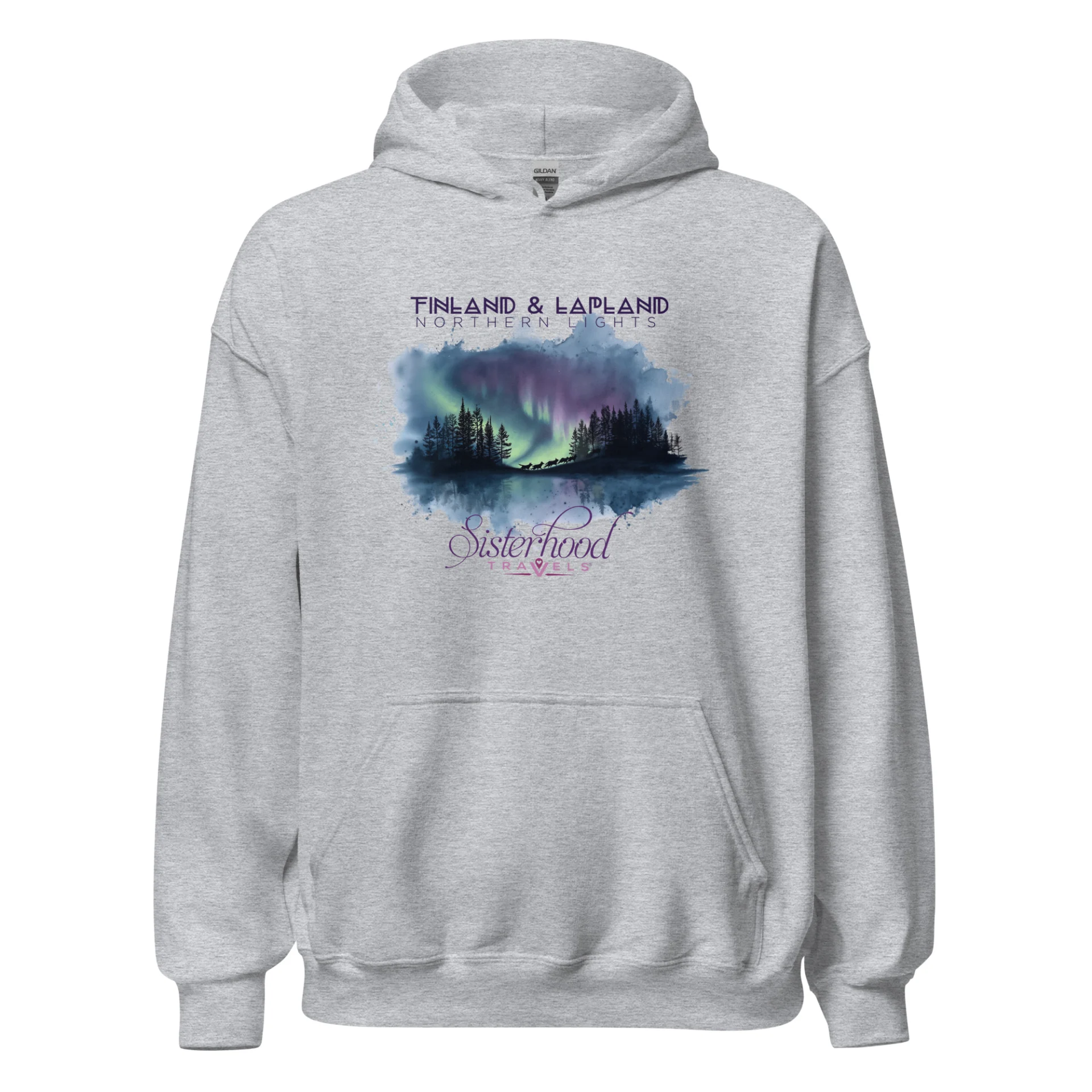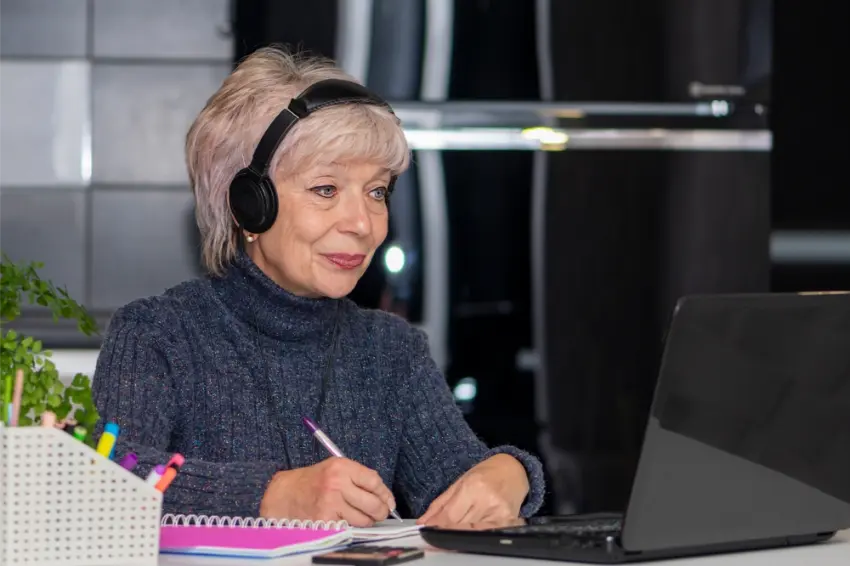
Traveling is one of life’s greatest joys, but be honest: language barriers can sometimes feel like one of those unique challenges on the road to adventure. You’ve booked your ticket, packed your bags, and are ready to dive into a new culture, but there’s just one little hiccup: you don’t speak the native tongue. Fear not, intrepid traveler! Here’s a handy guide to help you overcome language barriers and make the most of your journey to non-English speaking countries.
In this article about cultural awareness, let’s examine some practical strategies and easy tips for overcoming communication barriers that can hinder a positive overall experience.
First things first: preparation is your best friend to overcome language barriers. Before you jet off to your destination, invest some extra time learning key phrases. You don’t need to be fluent; even a single word of the language, like how to say “hello,” “please,” “thank you,” “excuse me,” and “help” can go a long way. A little effort in speaking the primary language is always appreciated and can often be met with a smile and more willing assistance in different countries.
Moreover, knowing key phrases can make essential tasks like ordering food, asking for directions, or finding the nearest bathroom (a crucial one!) easier. Imagine the relief of being able to ask for a vegetarian meal or locate the pharmacy without resorting to charades. Learning these phrases can help you feel more confident and less like a fish out of water.
Before I went to France (my first non-English-speaking country), I learned basic phrases and words in French. I learned enough to greet, thank, excuse myself, say goodbye, help, and a few phrases. That was my extent. During that learning, I learned how to read more French words. It helped me recognize signs and menus and better understand my surroundings. I always received a positive reaction from the locals when I used the words and phrases I learned. I also found that learning and retaining a new language later in life is incredibly hard.
In sharp contrast, I just returned from a trip to Spain. I only knew one or two words (besides numbers one to ten). It was a struggle, and that language gap affected my experience. I learned a very valuable lesson.
Various language learning apps, such as Duolingo, Babbel, and Rosetta Stone, are available. These apps are designed to be user-friendly and engaging, making your target language learning less of a chore and more of a fun pre-trip activity. Plus, they often include useful travel-specific modules.
For example, Duolingo makes language training fun with points, levels, and streaks to motivate you. Babbel focuses on conversation skills so you can practice speaking in realistic scenarios. Rosetta Stone uses immersive techniques to teach you in context, which can be incredibly helpful for retaining what you’ve learned.
Taking a step further, you might consider learning a bit about the local customs and etiquette. For example, knowing how to bow properly in Japan can be as important as saying “thank you.” In many countries, a simple greeting in the local language can be the difference between a cold shoulder and a warm reception.
For those of us who still love the feel of a good book in our hands, a phrasebook can be a fantastic resource. They’re small, easy to carry, and a handy travel reference. Imagine being in a specific situation, a bustling market, and needing to ask how much something costs – a quick flip through your phrasebook can save the day.
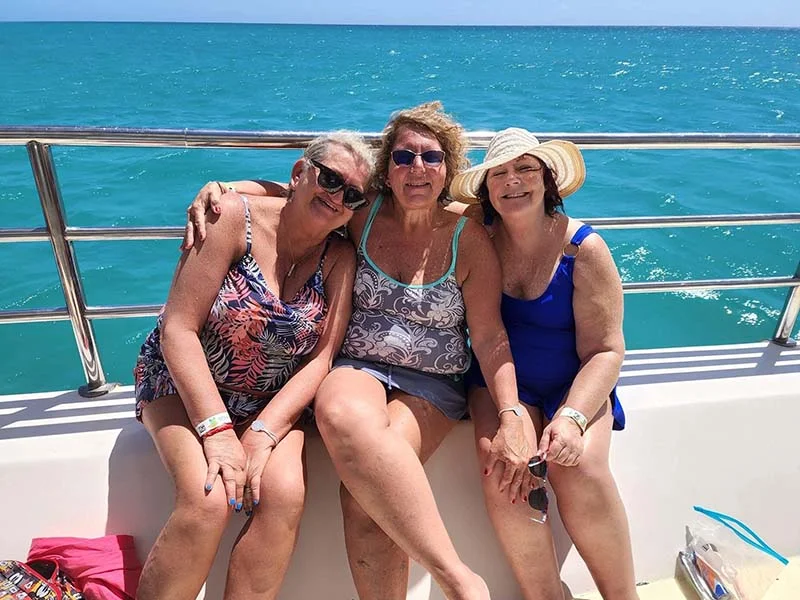
In today’s digital age, there’s no shortage of tech tools to help bridge the communication gap. Google Translate is a lifesaver, translating text, speech, and even images. Simply point your camera at a sign or menu, and voilà! Instant translation. It’s like having a professional interpreter in your pocket. It helped me immensely in Spain.
If traveling to a country with a particularly complex language, you might also consider downloading a dictionary app specific to that native language. Apps like Pleco for Chinese or Jsho for Japanese can be invaluable for more detailed translations and understanding.
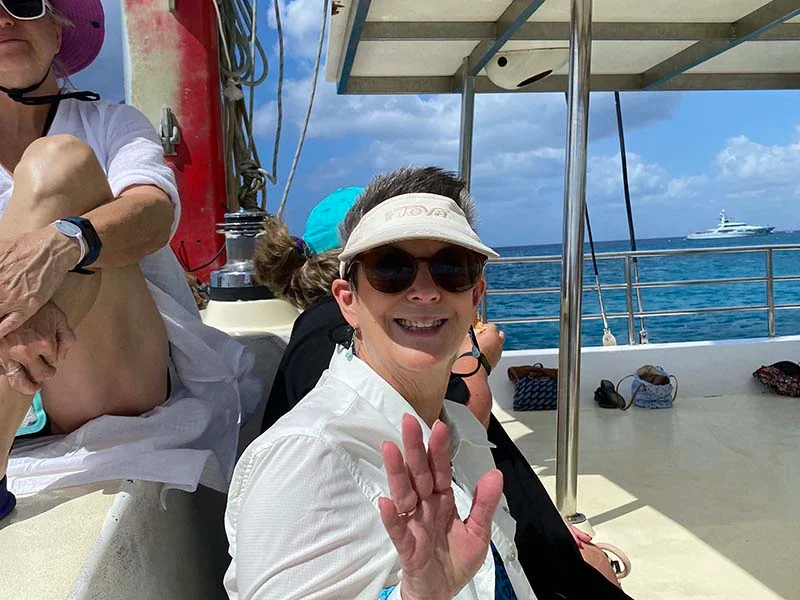
When words fail, let your body do the talking. Non-verbal communication skills can be incredibly effective. A smile, a nod, or a wave can convey friendliness and openness. Gestures, facial expressions, and body language are all visual cues that can help convey your message. Use visual aids, like pointing to what you want on a menu.
However, be mindful of cultural differences in non-verbal communication. For instance, a thumbs-up is a positive gesture in many countries but can be offensive in others. A little research beforehand can help avoid any unintended faux pas.
Eye contact, for example, can mean different things in different cultures. In some places, it’s a sign of confidence and honesty; in others, it might be considered rude or aggressive. Understanding these nuances can help you navigate social interactions more smoothly.
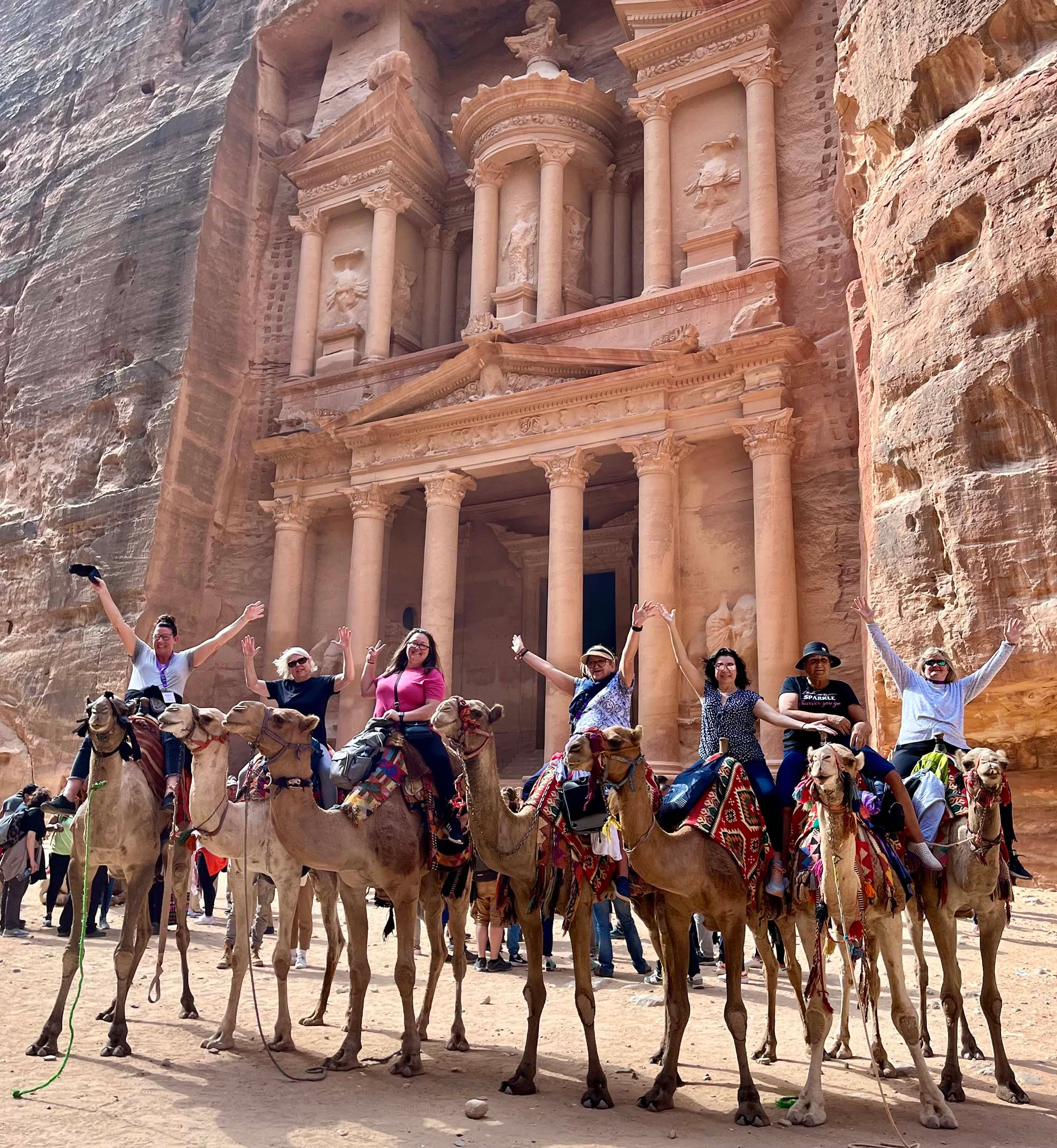
One of the most rewarding aspects of travel is the connections you make. Don’t be shy about engaging with locals. They are often excited to share their culture and can offer insights you won’t find in any guidebook.
Participate in local events, visit markets, and don’t hesitate to converse. Even if it’s just a simple exchange of pleasantries, these interactions can provide a deeper understanding of the place you’re visiting. Plus, locals might share tips about hidden gems that aren’t on the usual tourist trail.
If you’re staying in one place for a while, consider taking a local language program. Community organizations often have this available. It’s a great way to meet people and improve language skills in a supportive environment. Many cities offer language exchanges where you can practice speaking with native speakers who are English language learners – a win-win situation!
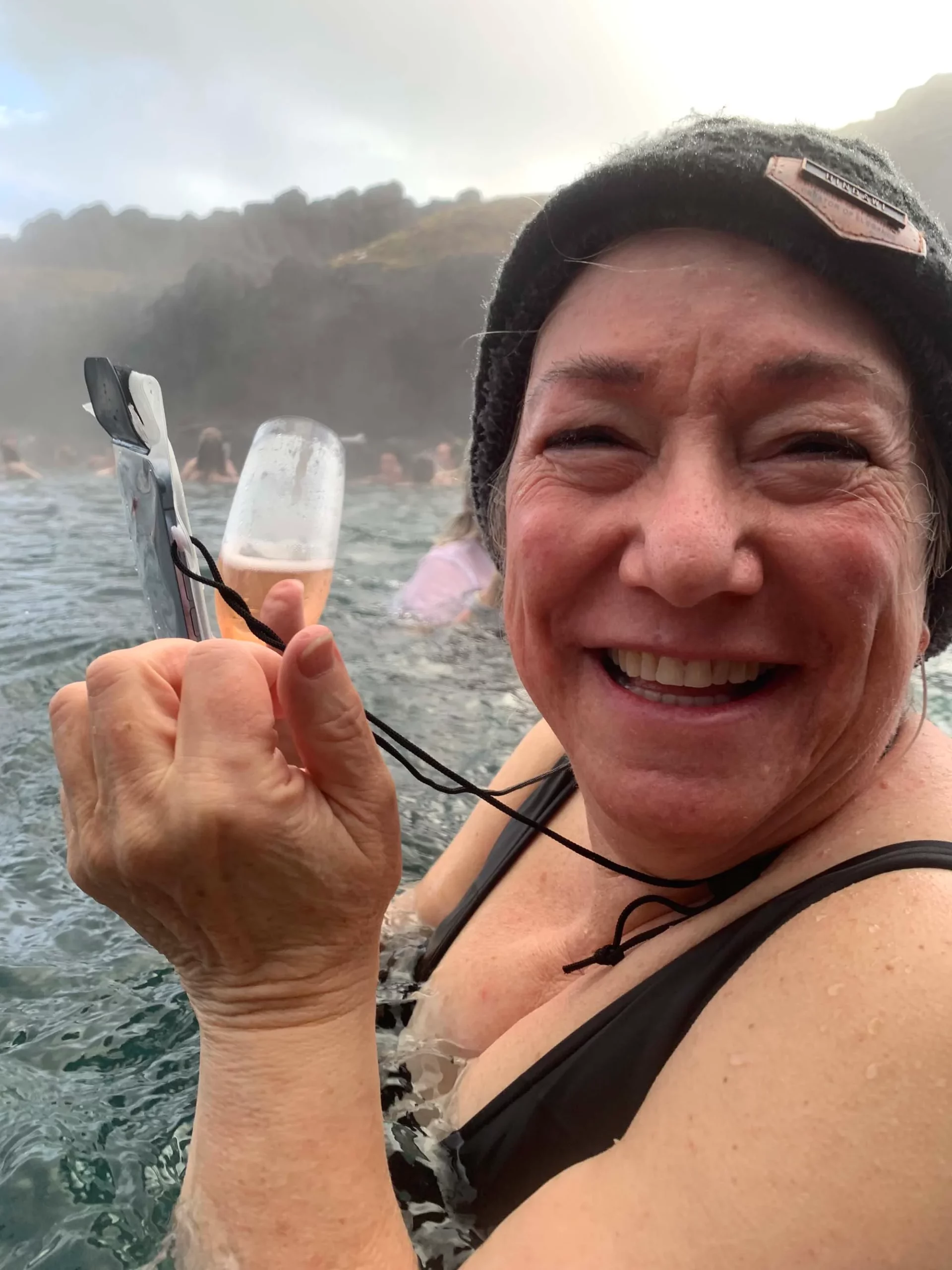
Part of the adventure is to overcome language barriers. It challenges you, makes you more adaptable, and enriches your travel experience. You’ll gain a deeper appreciation for the culture and people of the place you’re visiting.
So, don’t let the fear of not speaking the native language hold you back. Prepare, use the educational materials at your disposal, learn some key phrases, and embrace the art of non-verbal communication. Most importantly, approach every interaction with a sense of humor and a spirit of adventure.
Bon voyage, my fellow travelers! The world is waiting, and it’s full of wonderful people eager to connect with you, even if it’s just with a smile and a nod. Safe travels and happy exploring!

Lori Helke is an author and travel writer from Wisconsin. She is the founder of the travel and lifestyle blog Lori Loves Adventure where she writes about her solo travel experiences, and is the author of the Beatrice the Little Camper children’s picture book series, as well as the travel guide ‘Wisconsin Harbor Towns: The Ultimate Wisconsin Road Trip Guide.’ Lori has a monthly travel segment on Local 5 Live, a Green Bay, Wisconsin TV morning show, has contributed to several online and print publications, and serves on the Visit Sheboygan Board Of Directors.

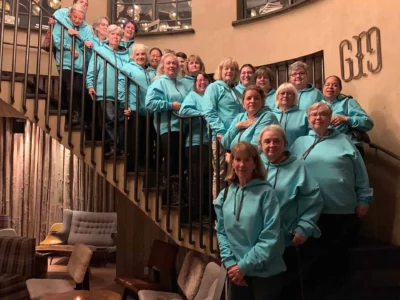
Who are our Sisters? Well, we’re you! We value old friendships but love making new ones. We’re intellectually curious and love a unique adventure to parts unknown. We may be single, divorced, widowed, or simply have a partner who doesn’t want to travel. Most of all, We’re kind, compassionate women who look forward to cultural immersion, exclusive adventures, lots of laughs, and the magic of Sisterhood.



